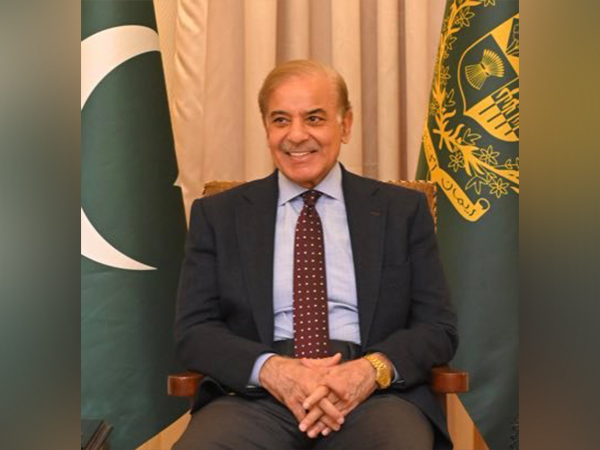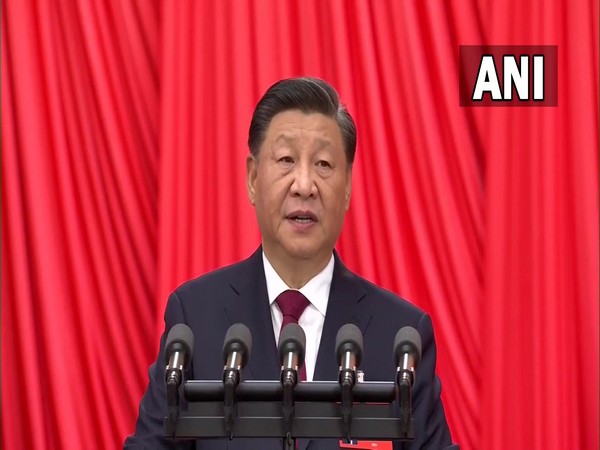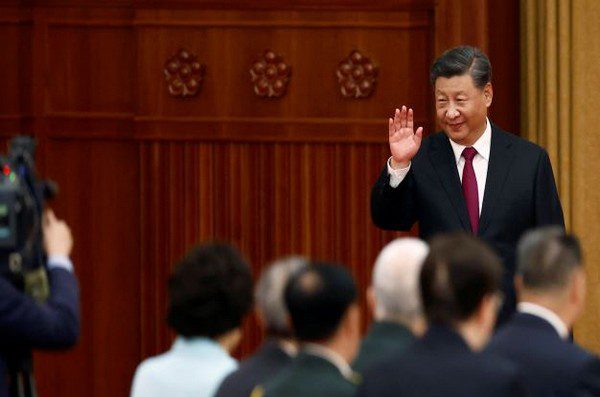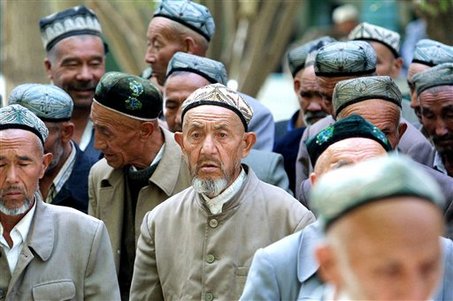As many as 50 members of the United Nations issued a joint statement condemning the Chinese government’s oppression of Uyghurs and other Turkic peoples in Xinjiang province
“We are gravely concerned about the human rights situation in the People’s Republic of China, especially the ongoing human rights violations of Uyghurs and other predominantly Muslim minorities in Xinjiang,” read the joint statement of 50 countries in the UN General Assembly Third Committee on the human rights situation in Xinjiang, China.
This comes in the backdrop of a recent UN report said that the violations have taken place in the country under the garb of targeting “terrorists” among the Uyghur minority with a counter-extremism strategy that involves the use of so-called Vocational Educational and Training Centres (VETCs), or re-education camps.
A strongly-worded assessment by the UN rights office said that the extent of arbitrary detentions against Uyghur and others, in the context of “restrictions and deprivation more generally of fundamental rights, enjoyed individually and collectively, may constitute international crimes, in particular crimes against humanity.”
The UN members state that the release of the Office of the United Nations High Commissioner for Human Rights (OHCHR) assessment of human rights concerns in Xinjiang corroborates these concerns in an impartial and objective manner.
They say that the UN assessment finds that the scale of the arbitrary and discriminatory detention of Uyghurs and other predominantly Muslim minorities in Xinjiang “may constitute international crimes, in particular, crimes against humanity”.
In view of the gravity of the OHCHR assessment, UN member states said they are concerned that China has so far refused to discuss its findings and urged the Chinese government to uphold its international human rights obligations and to fully implement the recommendations of the OHCHR assessment.
“This includes taking prompt steps to release all individuals arbitrarily deprived of their liberty in Xinjiang, and to urgently clarify the fate and whereabouts of missing family members and facilitate safe contact and reunion,” the letter read.
The UN member states stressed that addressing human rights violations, engaging in meaningful dialogue, and working together as partners are foundational to creating more inclusive societies where all can fully enjoy their human rights. “We encourage all to adopt this approach,” they said. (ANI)
Read More:https://lokmarg.com/




